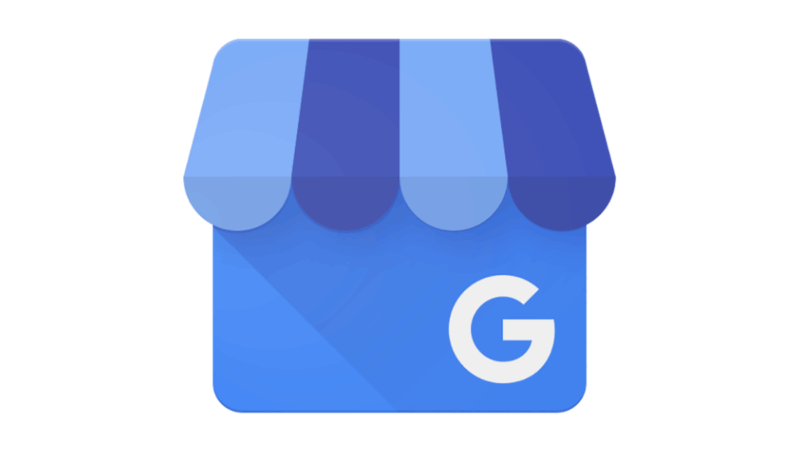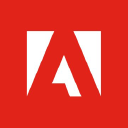We Turned A Basic HP Printer Into A $12M/Year Custom Labels Company
Hello! Who are you and what business did you start?
I’m Dan Frist and I own Frontier Label. Frontier Label is a full e-commerce digital label printing company in Greenville, SC. We print labels for companies of all sizes in countless industries.
Our customers are folks who craft small-batch artisan candles out of their homes to large, private label cosmetics companies distributing thousands of products monthly. Our customers are our neighbors who sell their products at farmers’ markets, and they’re also operating large corporations with multiple locations around the nation. We provide business solutions for anyone who needs product labels.
We now make $12M annually, averaging roughly $850k a month. Earlier this year, we also moved into a much larger facility to accommodate for our robust growth and to make way for our future goals. Adding embellishments and custom folding cartons to our capabilities are also on the horizon.

































